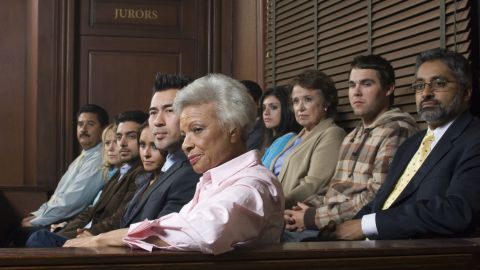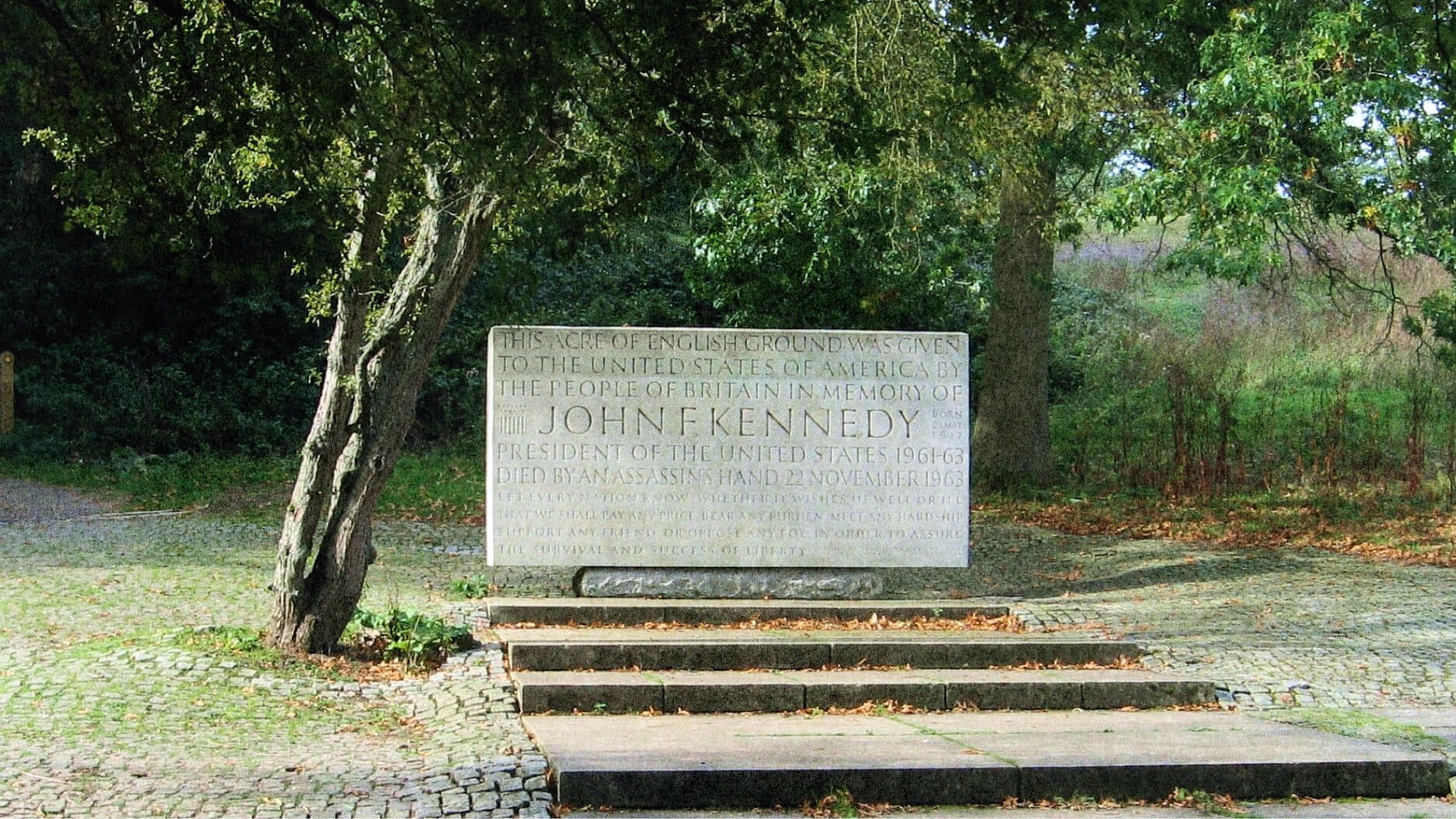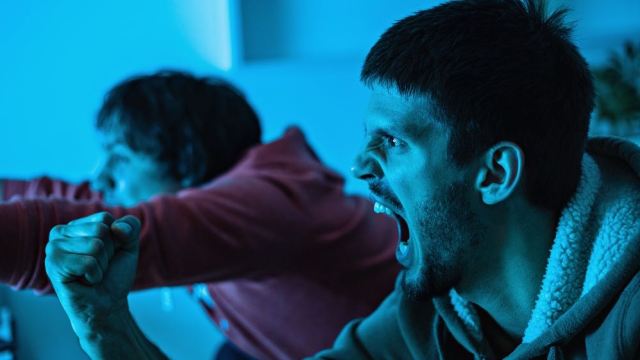Why You Should Stop Whining About Jury Duty

President John F. Kennedy famously implored Americans to ask “what you can do for your country” rather than “what your country can do for you.” That’s nice rhetoric, but the fact is, America asks very little of us. The weightiest sacrifice your country can require of you — to risk your life in military battle — hasn’t been mandatory in the United States since the early 1970s. With the demise of conscription and the rise of an all-volunteer military, the only positive political duty adult Americans have, apart from paying taxes, is to give effect to the 6th Amendment guarantee of an “impartial jury of the state and district wherein the crime shall have been committed.” That means taking a break from your everyday work every couple of years and finding your way to your nearest state or federal courthouse.
Without jury duty, there is no right to a jury trial. And without jury trials, criminal defendants would be subject to the potentially dangerous whims of the government. To be sure, there are many reasons we should avoid hailing jury trials as ironclad venues of divine justice. Members of juries may be unprepared to weigh the complexities in cases requiring highly technical knowledge. Jurors, being human, are subject to bias, and racial bias is no small concern. Recent grand jury trials in racially charged cases cast doubt on jurors’ ability to properly interpret evidence when it is presented by a prosecuting attorney with possible ulterior motives.
But as John Rawls, the great political theorist of the 20th century put it, ours is a system of “imperfect procedural justice.” There will always be mistakes and even gross miscarriages of justice in a system of law conducted by flawed human beings. The hope is to set up procedures that minimize the errors and deliver the right verdict as often as possible. Proposals to do away with juries altogether have been popping up now and again for centuries, but the alternativeisn’t necessarily preferable. I won’t parse that debate. As long as jury trials remain a fundamental part of our system of justice, jury service is imperative. And there is no good reason to gripe about it.
One of the primary benefits of jury service, as Alexis de Tocqueville observed on his traipse through America in the 1830s, is not legal but political. The jury system “preserves [the country’s] republican character, in that it places the real direction of society in the hands of the governed, or of a portion of the governed, and not in that of the government.” Another virtue is how juries shape citizens into individuals who are better attuned to their role in social and political life: “I look upon it as one of the most efficacious means for the education of the people,” he wrote. Here is why:
The jury contributes powerfully to form the judgment and to increase the natural intelligence of a people; and this, in my opinion, is its greatest advantage. It may be regarded as a gratuitous public school, ever open, in which every juror learns his rights, enters into daily communication with the most learned and enlightened members of the upper classes, and becomes practically acquainted with the laws, which are brought within the reach of his capacity by the efforts of the bar, the advice of the judge, and even the passions of the parties. I think that the practical intelligence and political good sense of the Americans are mainly attributable to the long use that they have made of the jury in civil causes.
For Jean-Jacques Rousseau, another Frenchman writing a century earlier, direct involvement of every citizen in the workings of government is essential to effective political society and to human freedom itself. The American system bears little resemblance to the direct-democracy of Rousseau’s social contract. Rousseau would balk at our system of electing representatives to serve in national or state legislatures, for example. But as the only opportunity for citizens to take the reins and participate directly in the administration of justice, jury service is another matter. He would chastise the belly-achers for hoping to duck this minor yet important responsibility. More ominously, he would see an unwillingness to serve as a bad omen for the health of the political society:
The better the constitution of a State is, the more do public affairs encroach on private in the minds of the citizens … In a well-ordered city every man flies to the assemblies: Under a bad government no one cares to stir a step to get to them, because no one is interested in what happens there, because it is foreseen that the general will will not prevail, and lastly because domestic cares are all-absorbing. Good laws lead to the making of better ones; bad ones bring about worse. As soon as any man says of the affairs of the State “What does it matter to me?” the State may be given up for lost.
So the next time you are summoned for jury duty, look beyond the surly clerks, the long waits in uncomfortable chairs, and the need to put your daily pursuits on hold for an afternoon or a few days. Your country doesn’t ask for much. You can do your democracy this one favor. Even the Chief Justice of the United States, John Roberts, gamely showed up for jury duty last week. (Is your job more important than his?) And if you pay attention, and you’re selected for a jury, the experience may be eye-opening in a host of ways. You’ll learn something about the law and how the legal system operates, for better or for worse. You’ll meet people you may not ordinarily come across in your daily life. And you’ll lend your ear and reasoned judgment to a case involving the fate of a fellow citizen.
Image credit: Shutterstock.com





